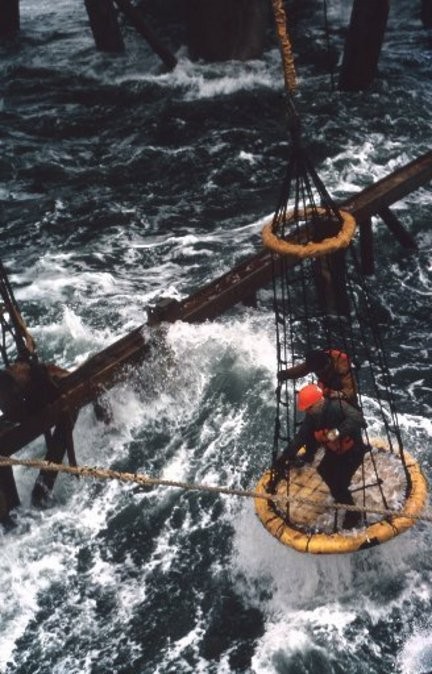Offset drilling risk with oil revenue An editorial
Post on: 16 Март, 2015 No Comment

Louisiana’s congressional delegation finally persuaded Congress to give Gulf Coast states a substantial share of the mineral wealth produced off their shores starting in 2017, a victory that came after years of arguing that this region bore all the risk of production but received little of the reward.
Greenpeace via AP
That was a valid argument back in 2006, when the bill was passed. But the environmental disaster taking place off our coast now proves that Louisiana officials were not exaggerating the burden that offshore oil and gas production puts on our state.
That’s why Sen. Mary Landrieu has introduced a bill that would start providing Gulf states their 37.5 percent of the royalties on new leases now instead of forcing them to wait another six years.
Her timing is on target.
While there’s certainly a cost to federal coffers — the measure would mean $3 billion would go to the four energy-producing states over the next 10 years — this country can’t expect to reap the riches off the Gulf Coast without investing in projects to keep this vital region healthy and intact.
Nowhere in America is there an ecosystem more threatened than Louisiana’s wetlands,» Sen. Landrieu said. Yet nowhere was it more preventable. The federal government has failed time and time again — decade in and decade out — to protect our coast.»
Sen. Landrieu’s bill also would provide other critical support for Louisiana as it struggles with the environmental and economic devastation that this massive oil spill is causing.
She’s proposing that $19 million in construction funds that have already been committed for projects like river diversions, barrier island construction and Mississippi River-Gulf Outlet restoration work be made available now instead of Oct. 1, the start of the new fiscal year.
Her legislation would expedite the delivery of Coastal Impact Assistance Program Funds, a four-year program that was created in the 2005 Energy Policy Act. It called for $1 billion in funds to be disbursed by 2010, but only 20 percent of that money has been distributed.
The bill would authorize the Army Corps of Engineers to use material from dredging projects to build up barrier islands, wetlands and shorelines.
The legislation also would help those who are facing financial straits because of the oil spill. It authorizes $20 million to help Gulf Coast residents and businesses to file claims with BP, the Oil Spill Liability Trust Fund, insurance and other programs. It provides $15 million to help mitigate damage to Louisiana’s tourism and seafood industries. And it calls for the Small Business Administration to give interest relief to affected Gulf Coast businesses that are still struggling to repay money they borrowed after Katrina and defers payment on new disaster loans, a feature that will give businesses that make claims with BP some breathing room.
These are reasonable steps, and Congress should act quickly to pass the bill. These measures will help Louisianians to cope with a devastating disaster and give us the means to protect and strengthen a coast that should be viewed as the critical national asset that it is.














